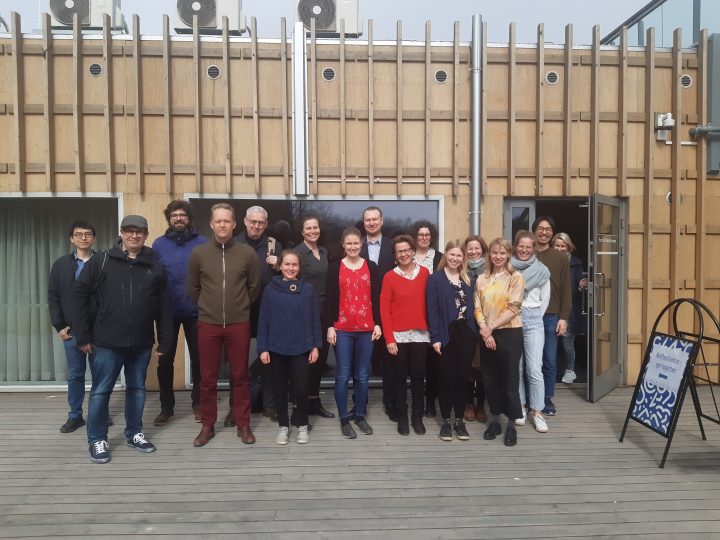Research
The Social networks, fertility and wellbeing in ageing populations: Building demographic resilience in Finland (NetResilience) consortium investigates demographic change from the perspective of social networks.
NetResilience consortium includes six working packages. There are four thematically interconnected research themes that explore the following questions:
- How does fertility decline and population ageing reshape individual social networks?
- How do social networks feed back to population change?
- How can the interplay between social networks and institutions support the wellbeing and resilience of ageing populations?
Fifth working package is specialized on statistical and computational tools presenting a methodological support to the other WPs with highly developed network research methods. Finally, sixth working package coordinates the interaction for the whole consortium and thus works in close collaboration with all other WPs.
Our main aim is to identify network characteristics that strengthen population resilience, or the ability to adapt to external shocks. We study how population change affects social networks, and how changing networks, in turn, shape population change and wellbeing.
To study these changes, we apply complex network science methodology to real-life human networks using contemporary register and survey as well as historical Finnish data. Our practical goal is to support targeted, cost-effective regional solutions to family, youth and ageing services in regions facing either depopulation or population growth.
The NetResilience consortium is funded by the Strategic Research Council at the Academy of Finland.
Working Packages


